The range and performance of electric bikes (e-bikes) are heavily influenced by the type and quality of the battery technology used. Batteries are the primary source of energy for e-bikes, and their capacity, weight, and efficiency directly affect how far the bike can travel on a single charge and how well it performs under various conditions. The most common battery technologies used in e-bikes are lithium-ion (Li-ion), lithium-polymer (LiPo), and, to a lesser extent, nickel-metal hydride (NiMH) and lead-acid batteries. Each of these technologies has its own advantages and trade-offs, which must be carefully considered in the design and selection process.
Lithium-ion batteries are the most widely used in e-bikes due to their high energy density, long cycle life, and relatively low weight. These batteries can store a significant amount of energy in a compact form, allowing e-bikes to achieve longer ranges without adding excessive weight. However, Li-ion batteries are also sensitive to temperature extremes and require sophisticated battery management systems (BMS) to monitor and control their charging and discharging processes. The BMS ensures that the battery operates within safe voltage, current, and temperature limits, preventing overcharging, over-discharging, and thermal runaway, which can lead to battery failure or even fire.
Lithium-polymer batteries offer similar advantages to Li-ion batteries but with greater flexibility in shape and size. This allows for more creative integration into the e-bike's frame, potentially improving the bike's aesthetics and handling. However, LiPo batteries are generally more expensive and have a slightly lower energy density compared to Li-ion batteries. They also require careful handling and storage, as they are more susceptible to physical damage and swelling.
Nickel-metal hydride batteries, while less common in modern e-bikes, offer a more environmentally friendly alternative to Li-ion and LiPo batteries. They have a lower energy density and are heavier, which can limit the e-bike's range and performance. However, NiMH batteries are more tolerant of overcharging and have a longer cycle life under certain conditions. They are also less prone to thermal runaway, making them a safer option in some applications.
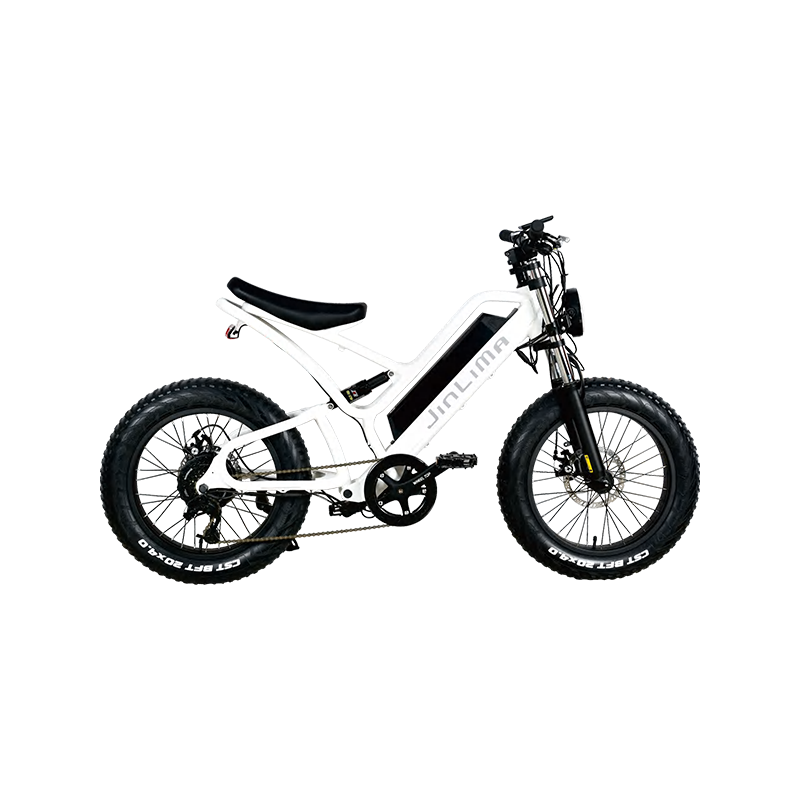
Lead-acid batteries, the oldest and least expensive battery technology, are rarely used in e-bikes today due to their low energy density, heavy weight, and short cycle life. However, they are still found in some low-cost or entry-level e-bikes, particularly in developing markets. Lead-acid batteries are bulky and require regular maintenance, such as topping up with distilled water, which makes them less convenient for most riders.
The impact of battery technology on e-bike range and performance is also influenced by factors such as the motor's power consumption, the bike's weight, and the riding conditions. For example, a high-capacity Li-ion battery may provide a range of 50-100 miles on a single charge under optimal conditions, but this range can be significantly reduced if the bike is used in hilly terrain or with a heavy load. Similarly, the battery's performance can degrade over time due to factors such as temperature exposure, charging habits, and the number of charge-discharge cycles.
In addition to the battery's chemistry, the design of the battery pack itself plays a crucial role in determining the e-bike's range and performance. The battery pack must be designed to provide a stable and consistent power output, even under high load conditions. This requires careful selection of the battery cells, as well as the use of high-quality connectors, wiring, and insulation materials. The battery pack must also be designed to withstand the vibrations and shocks encountered during riding, which can cause internal damage and reduce the battery's lifespan.


 0
0


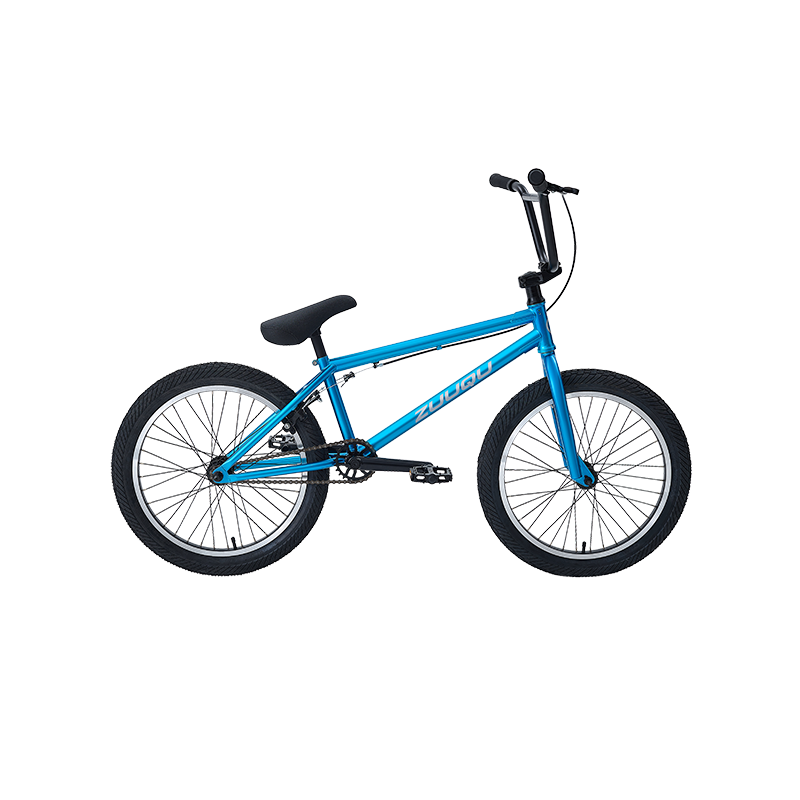

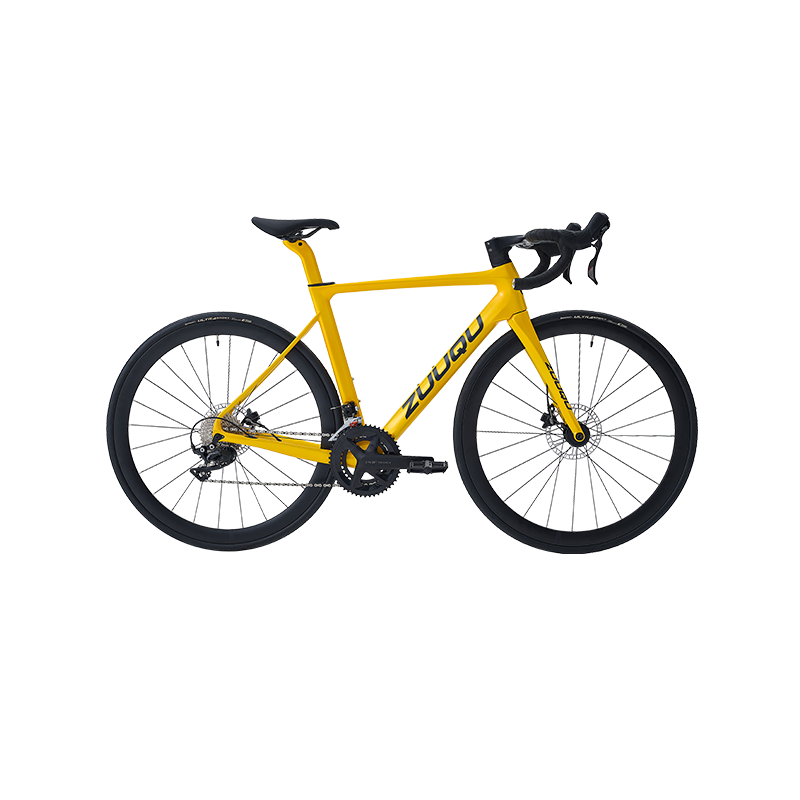
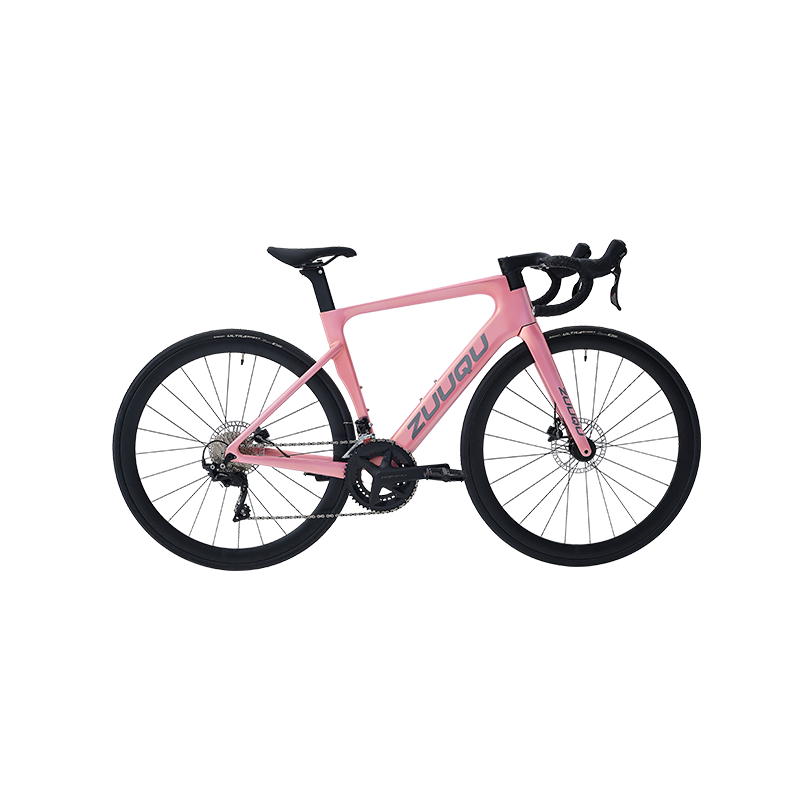
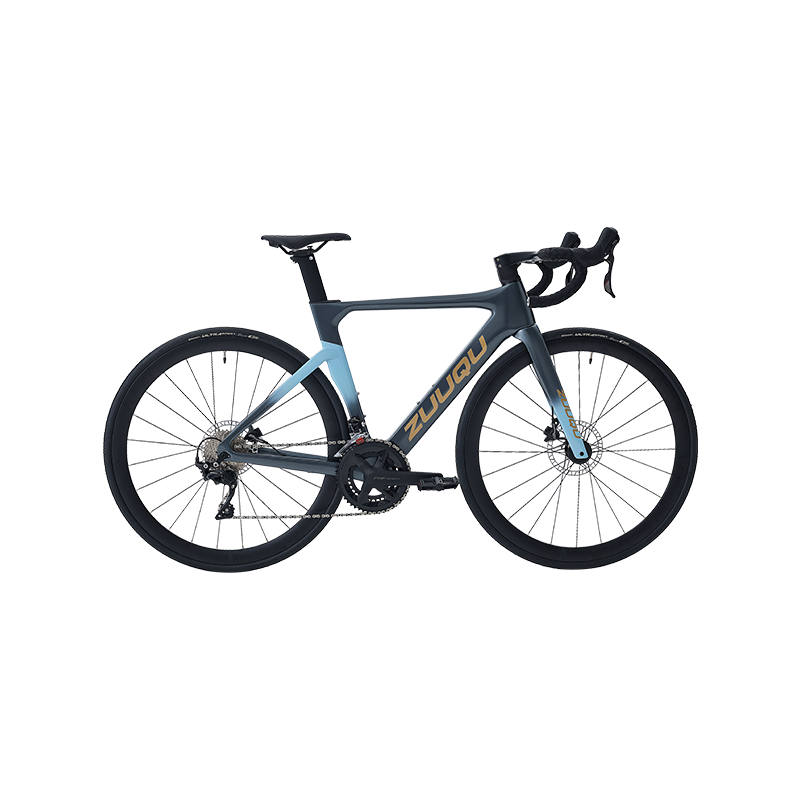
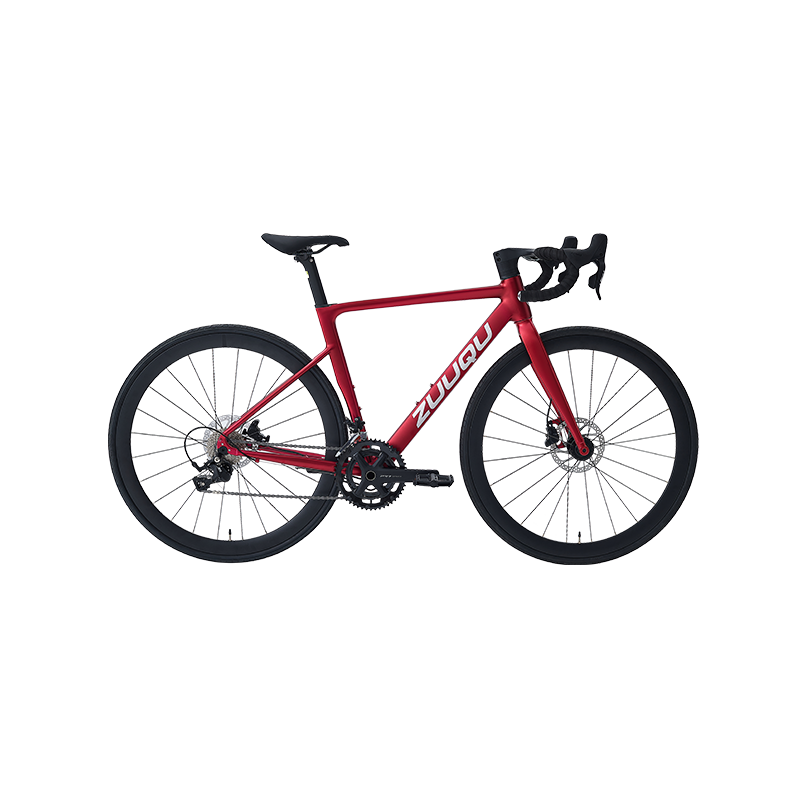
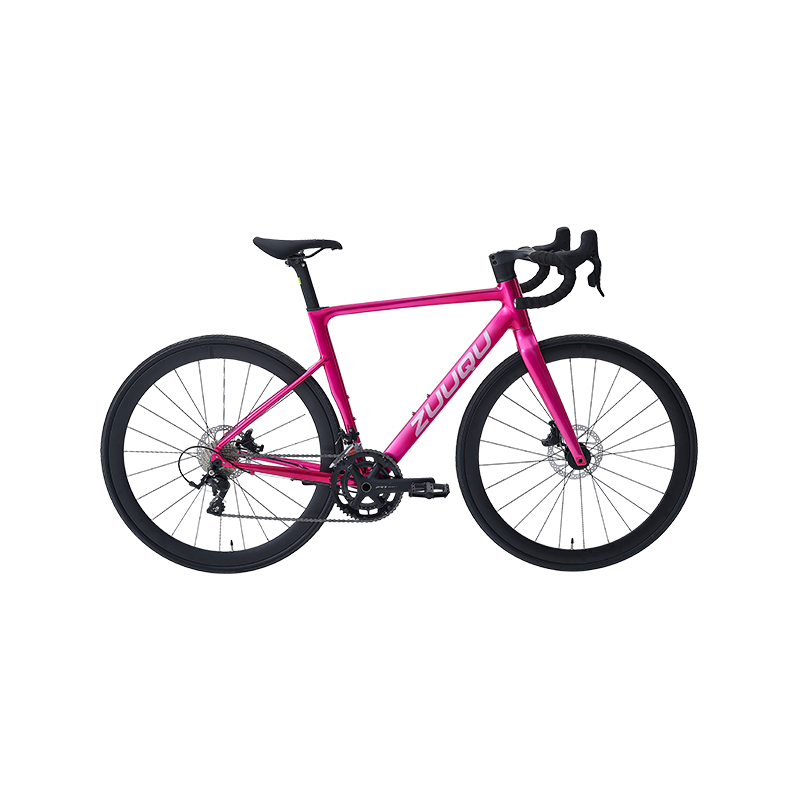
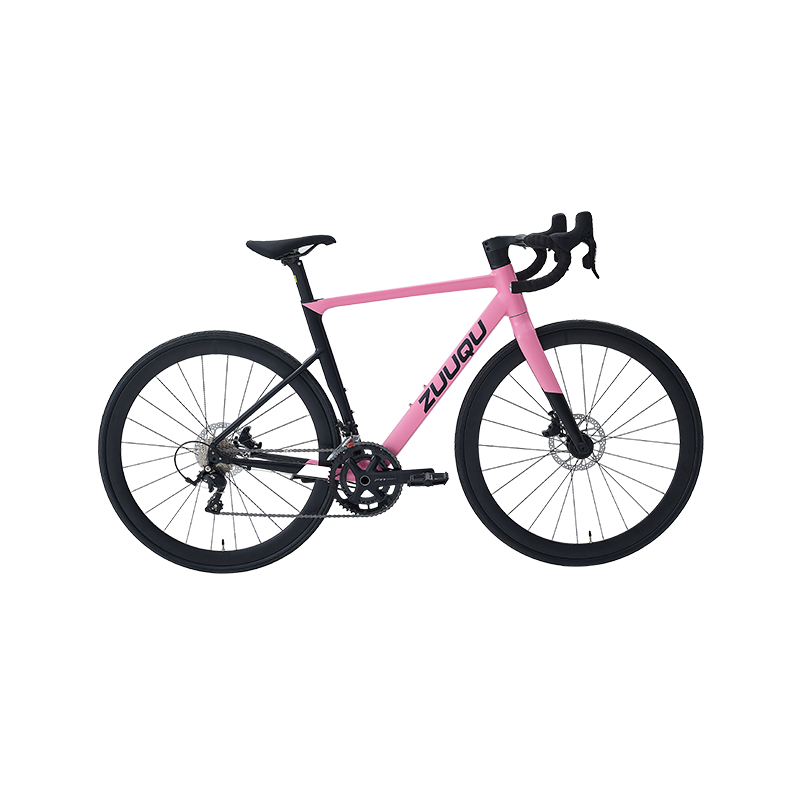
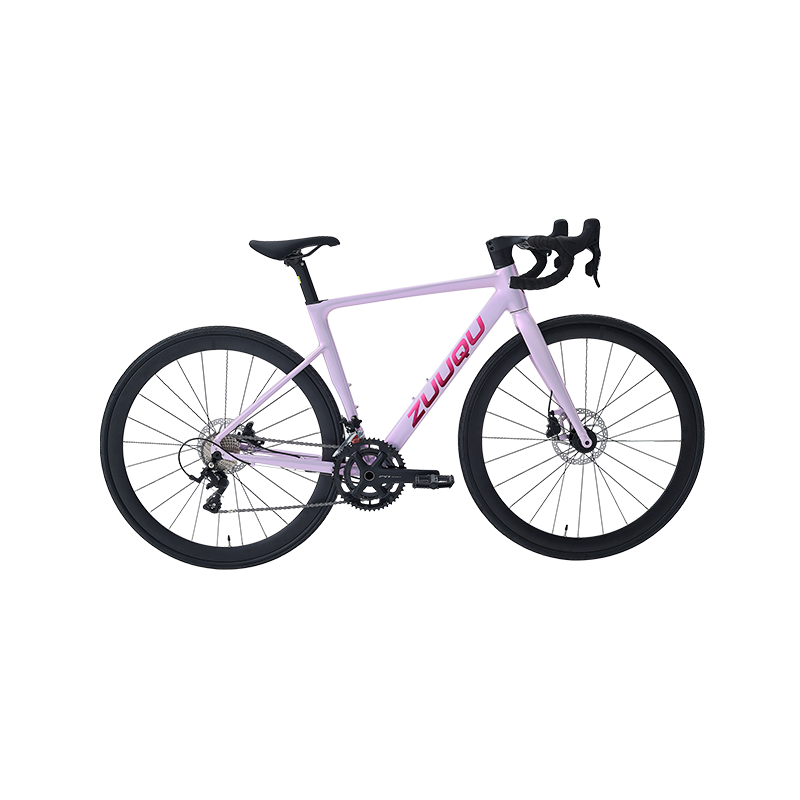
 Linhang industry park, Zhuji,
Linhang industry park, Zhuji,  +86-18858280688
+86-18858280688
